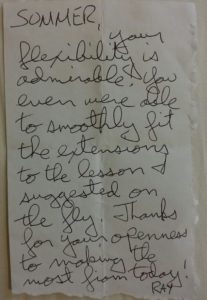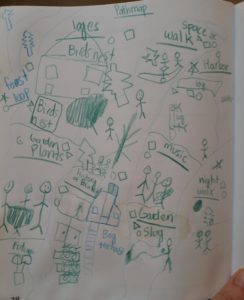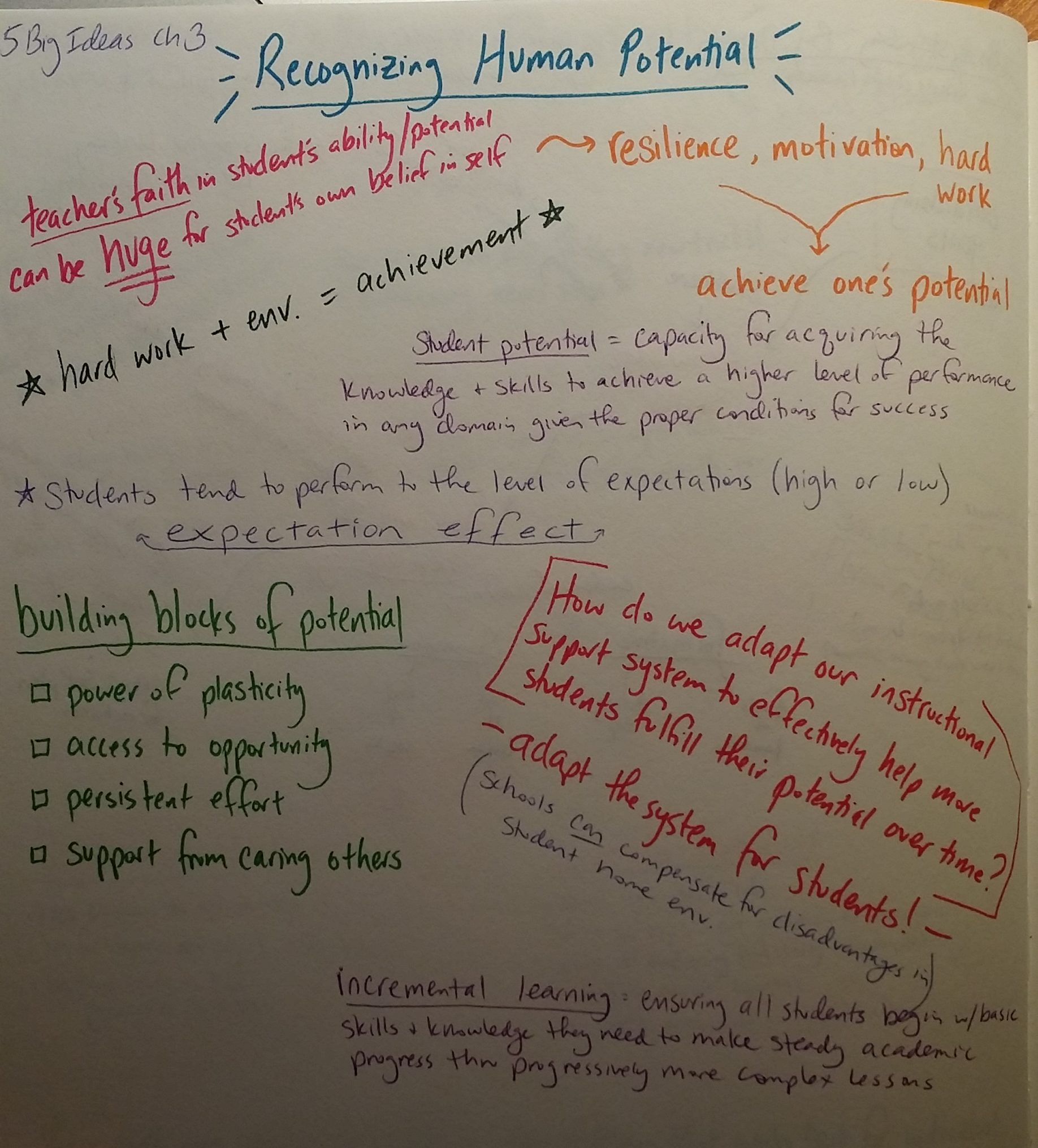What is it good for?
The benefits of peer observing can be many-fold and so it is logical for educators to practice peer observation throughout their career. As an environmental educator towards the beginning of my career, I see there to be many advantages such as gaining and sharing knowledge, skills as well as dispositions. This also ties into my belief in experiential education, where teachers are facilitators of experiences, so it seems only natural to learn from my peers through observations. In recognition that teachers are still learners, I appreciate being observed as I then become the student at the center and my peer can help guide my learning which will in turn benefit my students.
Alternative perceptions and impact
When an educator is absorbed with the teaching of a lesson and is fully engaged with the students, there can be quite a difference of perception in terms of what is observed by the educator versus an observer. There have been moments where I have felt a lesson to be spiraling towards chaos, yet my observer perceived it merely as energetic students.
This alternative vantage point adds an essential nugget of knowledge to the educator in the field. Especially being an educator towards the beginning of my career, this positive reinforcement and encouragement feels like gold. In debriefing a lesson observation, sharing these observations can help to build resilience within educators. The positive reinforcement gained from such a debrief goes quite far in terms of motivation and working hard which in combination with resilience are the drivers of realizing ones potential. Much like the expectation effect that educators apply to students, the same belief in ability can benefit educators in improving their education practice.
Application

In addition to the social support an observation can provide, this is a prime opportunity to share skills and strategies. The observer can inquire about the lesson plan and method of implementation; together problem-solving can occur and suggestions for strategies to use in the future. The educator is provided an opportunity to go through their process in the lesson development, implementation and the adaptions that occurred in the moment. By having an observer see the lesson in action, this second set of eyes can aid the educator hone in on areas that could be developed further as well as celebrating the victories!
Speaking of victories, an observer can help reinforce a growth mindset and positive supposition. This helps keep all things in perspective and encourage the educator to look for areas of growth rather than get bogged down on what may not have worked ideally. Collaborating with folks through multiple perspectives is a key life skill for people from all walks of life and especially scientists! This helps to both enrich the experience for the educator and improve their practice. Through such conversations there can also be personal growth, as underlying thoughts or feelings may be revealed which can increase ones self awareness and ultimately help to influence ones teaching approach. In the wise words of one 5th grade student, “If you have negative thoughts, you’ll only have negative experiences.” Sometimes it takes an observer from the outside to refocus our attention in a more productive and positive fashion.

